5.5 — 7.8 19
-
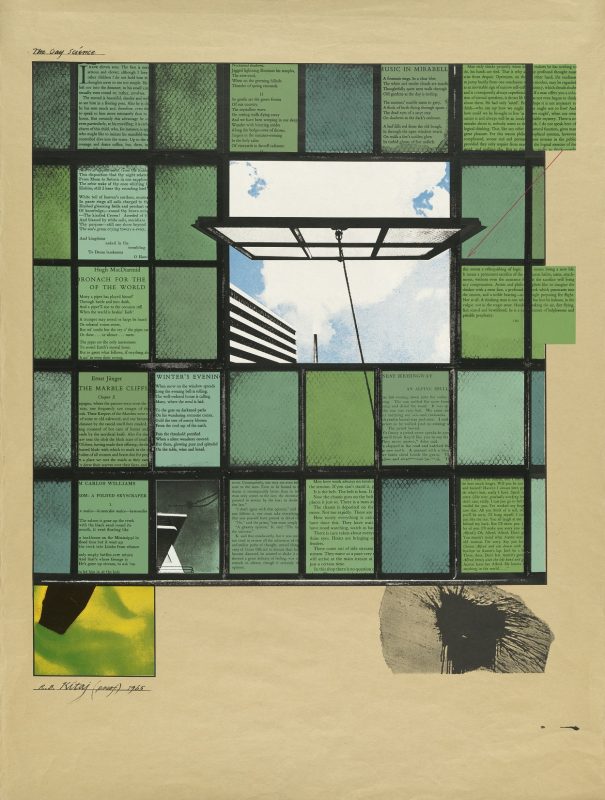 R. B. Kitaj, The gay science, 1964-67
R. B. Kitaj, The gay science, 1964-67
-
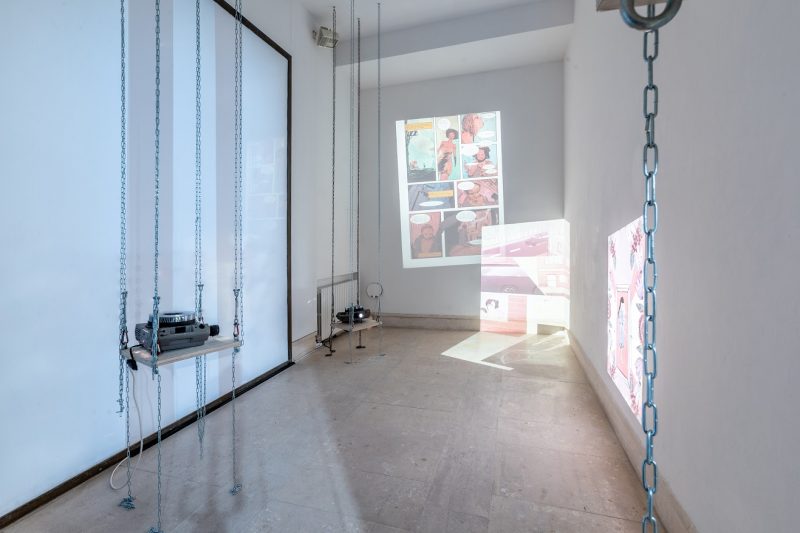 Exercices in Style, Venice 2019
Exercices in Style, Venice 2019
-
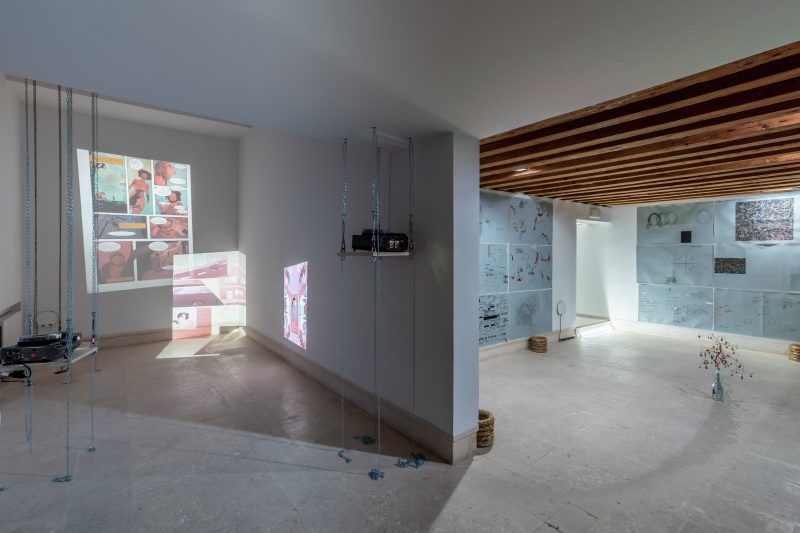 Exercices in Style, Venice 2019
Exercices in Style, Venice 2019
-
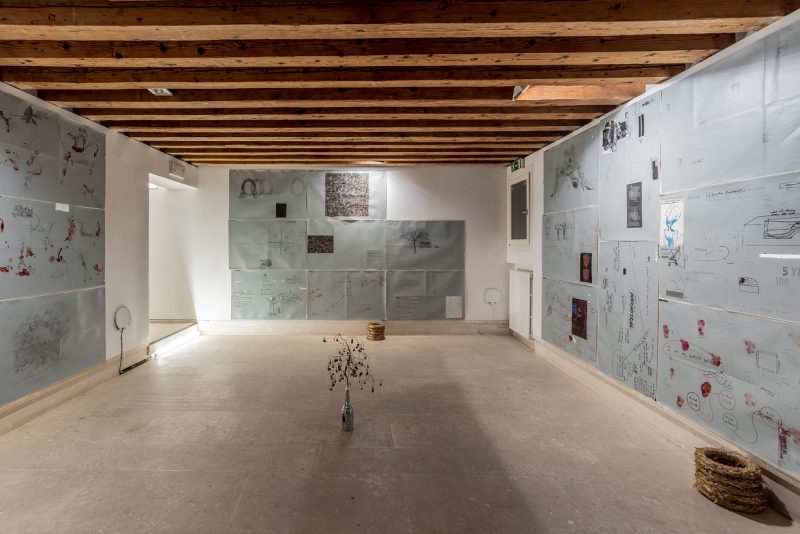 Exercices in Style, Venice 2019
Exercices in Style, Venice 2019
-
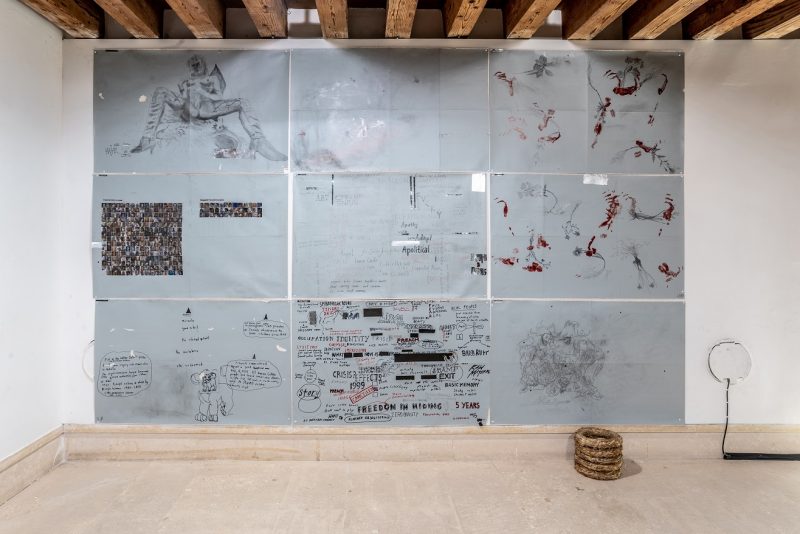 Exercices in Style, Venice 2019
Exercices in Style, Venice 2019
-
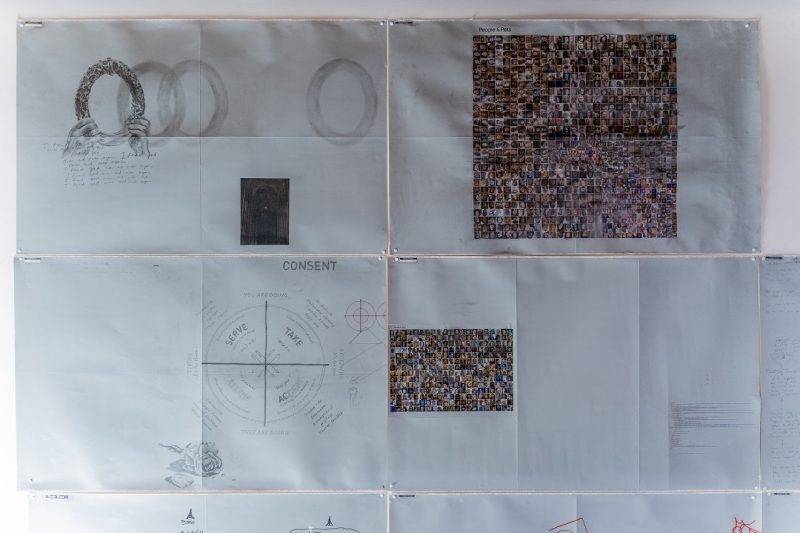 Exercices in Style, Venice 2019
Exercices in Style, Venice 2019
-
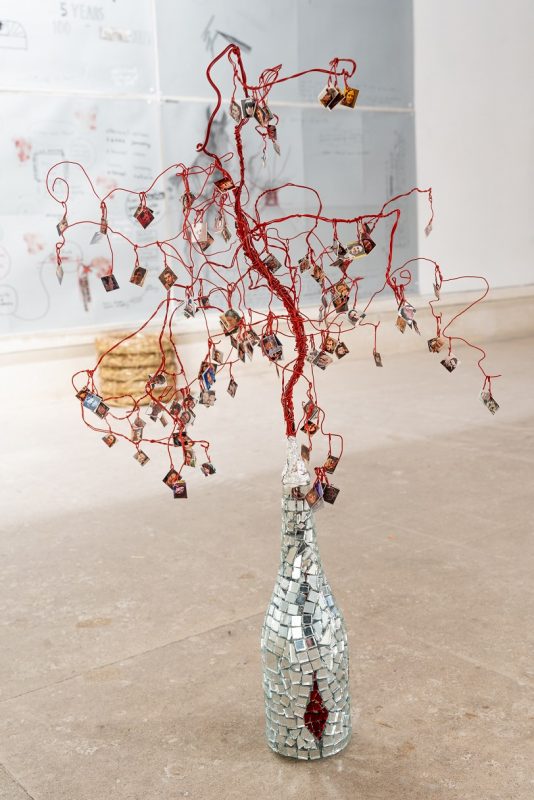 Exercices in Style, Venice 2019
Exercices in Style, Venice 2019
-
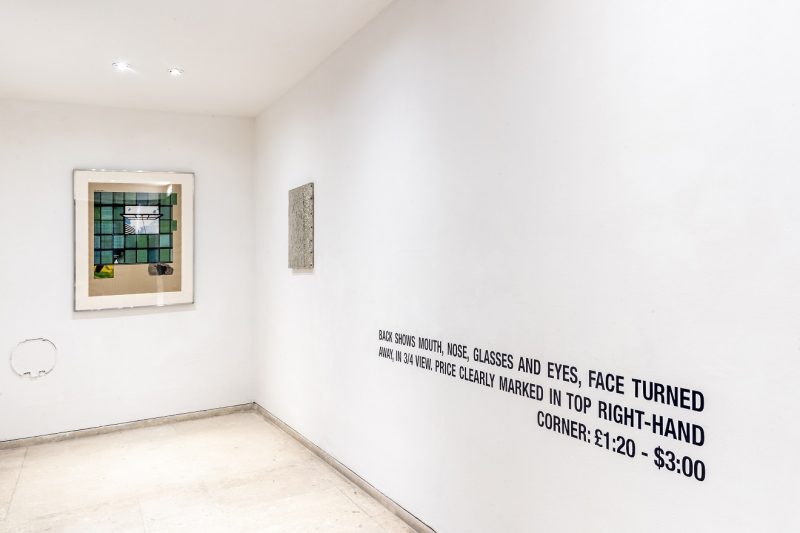 Exercices in Style, Venice 2019
Exercices in Style, Venice 2019
-
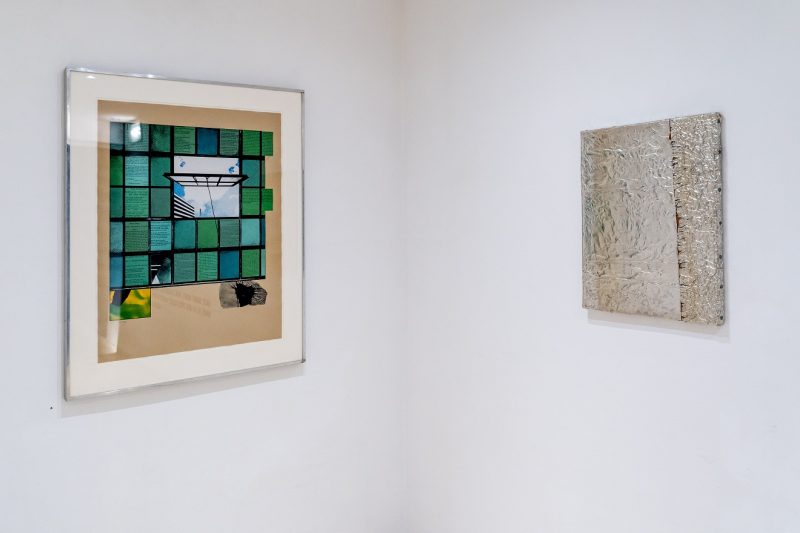 Exercices in Style, Venice 2019
Exercices in Style, Venice 2019
-
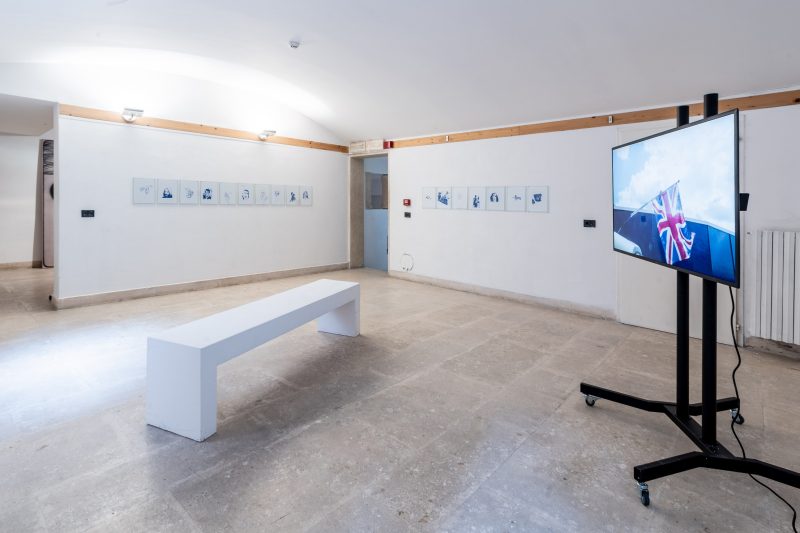 Exercices in Style, Venice 2019
Exercices in Style, Venice 2019
-
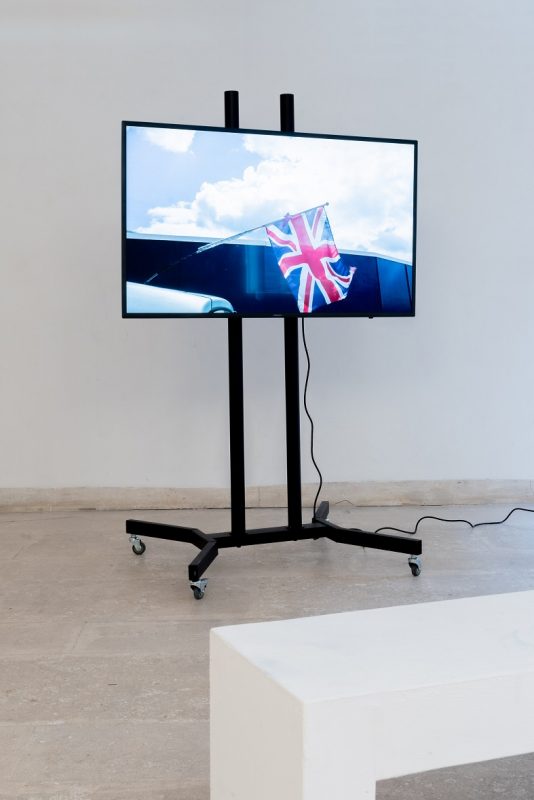 Exercices in Style, Venice 2019
Exercices in Style, Venice 2019
-
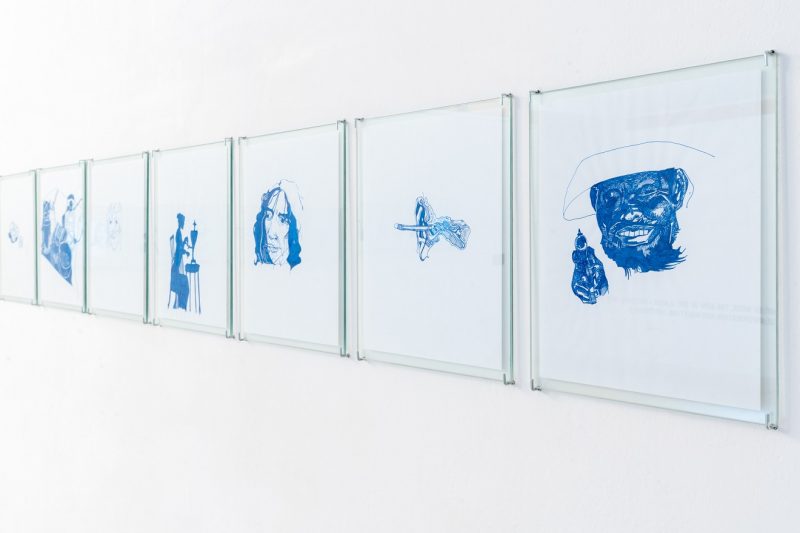 Exercices in Style, Venice 2019
Exercices in Style, Venice 2019
-
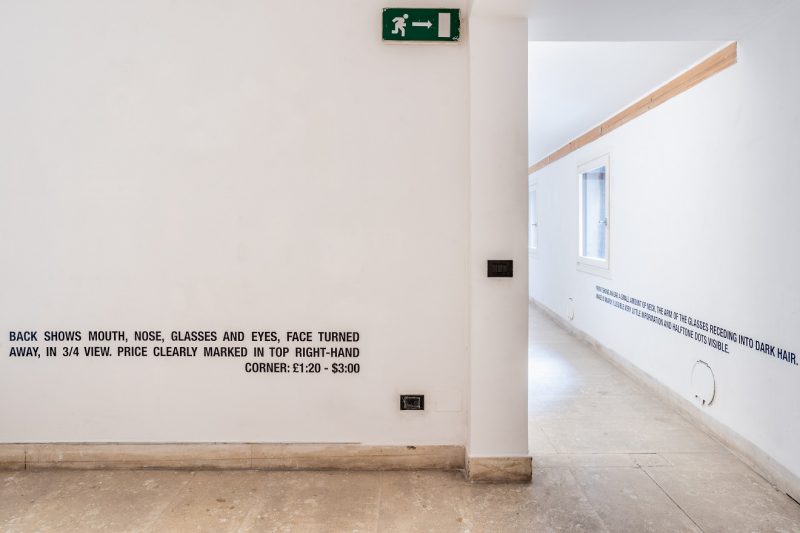 Exercices in Style, Venice 2019
Exercices in Style, Venice 2019
-
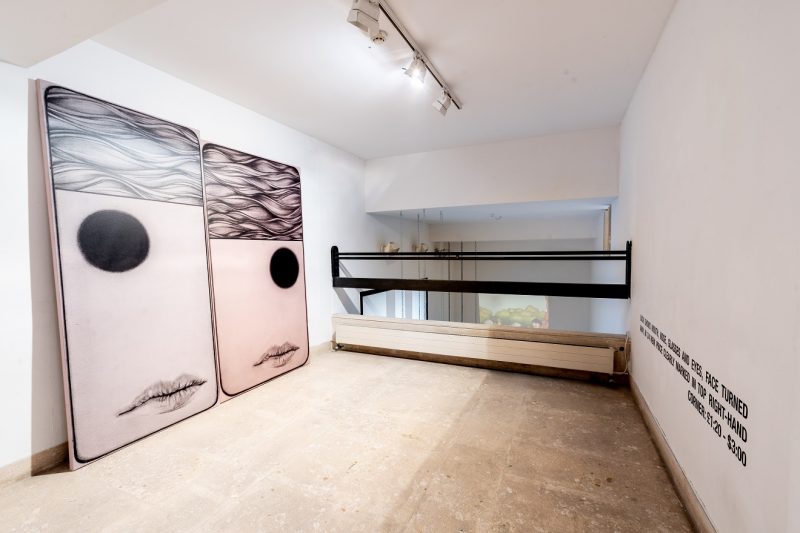 Exercices in Style, Venice 2019
Exercices in Style, Venice 2019
-
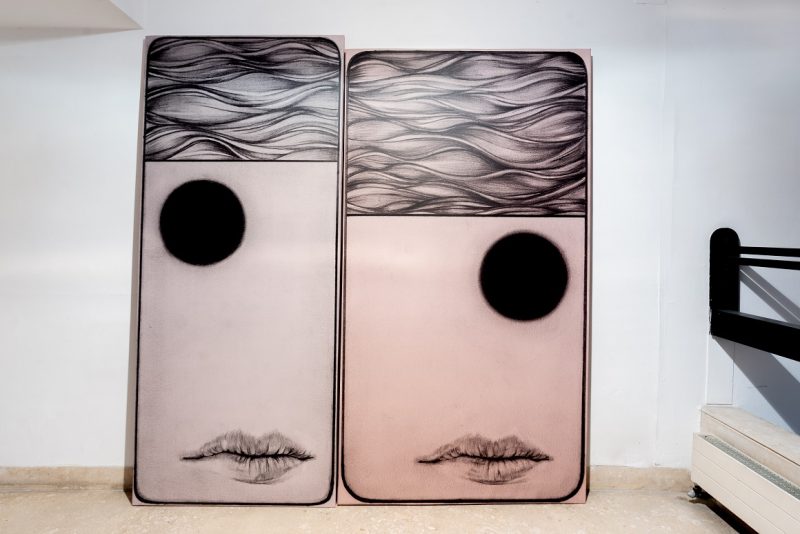 Exercices in Style, Venice 2019
Exercices in Style, Venice 2019
5.5 — 7.8 19
2.11.72
Introduction
The story that follows is not ours. We do not know who wrote it.
It came into our hands as follows. Our reputation as writers was established almost wholly as authors of fiction, despite some editorial work, when we launched on a series of three interrelated novels with a marked sexual bias. Shortly after the first in this series was published, we received two anonymous letters, one one week, one the next. Both were signed ‘God’, both were postmarked Venice.
Six months later, a bulky envelope arrived, it contained the manuscript that follows. There was no covering letter. The postmark on the envelope was, again, Venice. Whether the author was or was not ‘God’, we have no idea. The letters were vulgar and illiterate, but the illiteracy at least may have been assumed. The story that follows will be judged unpleasant by many, illiterate it certainly is not.
Although we are naturally interested by the mystery of origins (and teased by a suspicion that it may be intended as a parody of our work) we find the story interesting in its own right. There are echoes of NOVEL, and like NOVEL the whole seems something between wavelength and frequency. Our duties as editor have been light. We have divided some very long paragraphs, we have corrected a few spelling mistakes and we have given the piece a provisional title.
Our motives in getting the story published here is to contact the author. If she still keeps a watchful eye on our writing, she will see that she has achieved print.
***
Exercises in Style
5 May – 7 August 2019
Preview 5th May, at 12.00 (noon)
Organised by NOVEL with:
Helen Cammock
Keren Cytter
Loretta Fahrenholz
Anthony D Green
RB. Kitaj
Ghislaine Leung
Josef Strau
Bob van der Wal
The lure of storytelling is strong, often troublesome, in the imaginative transformation of the world through fiction. A story’s power belongs to the speaking subject but also to the listening one, stuttering in the instantaneous and capricious rapport between them. Sedition and rumour strip a story to the minimal. It makes it easier to pass around in complexity, until it no longer resembles its original form; a reminder that perhaps there is no difference between what a story is about and how it is told. What is opposed to this fiction is not the real. It is not the truth which is always that of the masters or colonizers, it is the story-telling function that gives the false the power which forges memory, a legend, a monster. A process, whereby, ideas take form through an exchange continuously copied incompletely, again and again.
Exercises in Style seeks divergent plots and narratives, giving space to performative encounters, investigating the stories and their tellers. Here, a page of text, poster, slideshow and painting need not be read in linear time, but absorbed in a glance, inhaled with weight of sounds, haptic aesthetic forms, variations, streaming, spiraling – no longer constructing empathy between representation and human subjects but amplifying connections and impulses. The exhibition avoids singular storylines, coherent narratives, and the politics of
representation, and calls instead for careful listening to the faintest signals of change.
Utilizing fiction and embodied experience for knowledge- and world-building, the participating artists deploy stories as social objects and images. What do these stories signal? Who can credibly tell them and when? How can we break dominant myths? And can we produce alternative stories? Why do we tell stories about and
through art, and for whom? What is the relationship between the stories we tell and the realities of history, power, and systemic violence? Is there an efficacy of confessional, and emotional modes of storytelling, as they appear alongside their analytical, philosophical, and political others.
…
NOVEL is an itinerant curatorial and publishing platform devised by Alun Rowlands and Matt Williams that draws together artists writing, texts and poetry that oscillate between modes of fiction and criticism. A cacophony of voices, that is the primary condition of
writing, seek to break the habitual methods of representation and productions of subjectivity.
Here, publishing is an apparatus for knowledge capture, informed by theory, film, politics and storytelling; writing as parallel practice, different, tangential; writing as political fiction; writing as another adventure on the ‘skin drive’, renegotiating unfulfilled beginnings or incomplete projects—that might offer points of departure. Amidst the insinuated narratives and materialized visions there is a concern for writing and the impossibility of fiction which is at stake. NOVEL asks us to think of writing as something distinct from information, as at least one realm of cultural production that is exempt from the encompassing obligation to communicate. NOVEL is distributed through events, readings and screenings which are staged at venues that become the loci for reading, with artworks and related films thataugment the fictioning of a scenario.